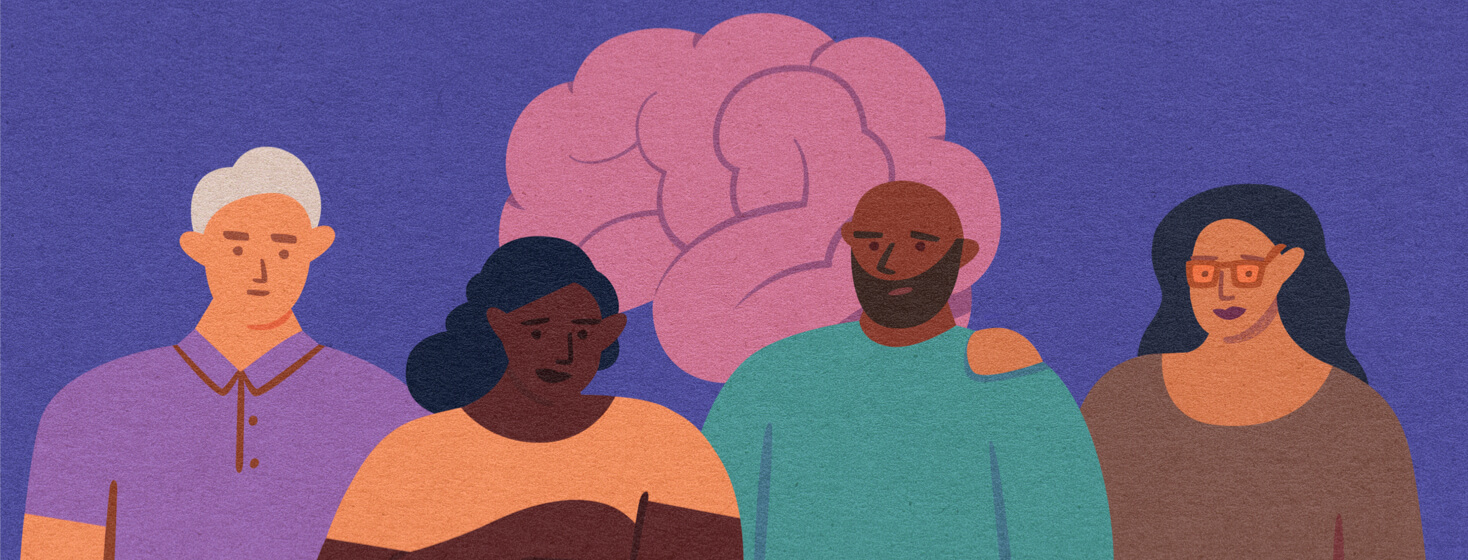Recognizing Chronic Migraine Awareness Day
Did you know that Chronic Migraine Awareness Day is recognized every June 29 during Migraine and Headache Awareness Month? According to the Migraine Research Foundation, 12% of the population, children included, live with migraine.1 According to the American Migraine Foundation 148 million people in the world live with chronic migraine.2
What does chronic mean?
The Merriam-Webster Dictionary defines the word chronic as “continuing or occurring again and again for a long time.” Living with any chronic illness is draining and life-altering. It steals our dreams, relationships, futures, and careers, leaving us feeling alienated, debilitated, exhausted, frustrated, and overwhelmed. But the thing is, the exact cause of migraine is still unknown. Current thinking is that we have overly sensitive brains, and it’s a genetic, neurological disease. Where does this leave us in dealing with it?
Energy drain from a chronic disease
We all know how important it is to learn about migraine and any other chronic conditions we live with. Doing so will help us get the proper treatment and empower ourselves to become our own best advocates. Fighting against migraine or any other chronic condition takes an enormous amount of energy. This energy is spent on something we didn’t ask for or create. What if we were to take that energy and accept that we live with a disease? What if we spent that energy on taking the best care of ourselves? I’m not suggesting we give up or even give in. I’m suggesting we develop skills and learn how to cope and accept that we are chronically ill.
We don't think of ourselves as chronically ill
A member of the Migraine.com community recently shared this with me: “I never thought of myself as chronically ill until I just read your post. I am chronically ill. You just lifted a weight off my shoulders when you said, 'no one plans on becoming chronically ill.’ Thank you so much as I have tears running down my face. Finally, some kind of answer.”
This member makes a great point – “never thought of myself as chronically ill,” nor did I. Like this member, I didn’t always think of myself as chronically ill. That changed when I was declared ‘permanently disabled’ by an SSDI judge. I had spent 10 years battling feeling depressed, guilty, angry, sad, and confused since being diagnosed with chronic migraine in 1997.
How do we live with chronic illness?
The question then becomes, how does one live with being chronically ill? I believe acceptance is the first step. No one, myself included, wants to think of themselves as “less than” or “not enough.” Accepting our new normal means letting go of our former self, which can be excruciatingly painful.
Not accepting living with chronic illness meant I pushed through everything -- raising my children as a stay-at-home mom, household tasks, family events, and so much more. You get the idea, I pushed through it all. This only increased my pain, negative self-talk, and guilt. It was time to switch my narrative to acceptance, not fight it. I reached out for help from my doctor, who suggested it was time to speak with a counselor specializing in chronic pain, and in doing so the needle began to move. I slowly and reluctantly gave in to the idea that being chronically ill isn’t a character flaw – it just is. I was then able to grieve my former self, dreams, and the life I thought I would live.
How do we accept migraine?
Acceptance started with being kind to myself, which is a work in progress. This doesn’t come naturally for me as I was raised to ignore not feeling well; it was burdensome for my family. I strongly believe this is because that’s how my parents grew up, to ignore and push through. Being kind to myself includes listening to my body – again, something I’m not fond of doing. It takes effort to stop, listen and acknowledge I’m not feeling well when I’m so used to pushing through.
The next step is trying to figure out exactly what’s going on and taking the appropriate steps to manage it. Not feeling guilty about having to rest, nap, or take medication is essential. I’m working hard to drop the guilt. Radio host Dr. Laura says feeling guilty means you’ve done something illegal or immoral. Being chronically ill is neither. It’s OK to feel sad about it, but strive to drop the guilt.
Taking back our time
Life doesn’t stop while living with chronic illness. I’m tired of living in fear of my next attack – I’m simply not going to give in to it. For example, the other night, my son and his girlfriend came over and brought white wine and ice cream! Who wouldn’t love that? The dilemma became, “Do I enjoy and few glasses of wine and ice cream or worry about an attack?” This was a delicate time. I was getting Botox in a few days and more prone to attacks a few weeks beforehand. I had two and a half glasses of wine and a bit of ice cream, and guess what? I survived without an attack and had a great time visiting. I’m not suggesting we all run out and drink excessively. Rather, how about we take a step back and live. I’m not letting chronic migraine take away any more time than it already has.
Accepting and acknowledging that we live with chronic illness does not mean we have given up. Be kind to yourself and live your life!

Join the conversation